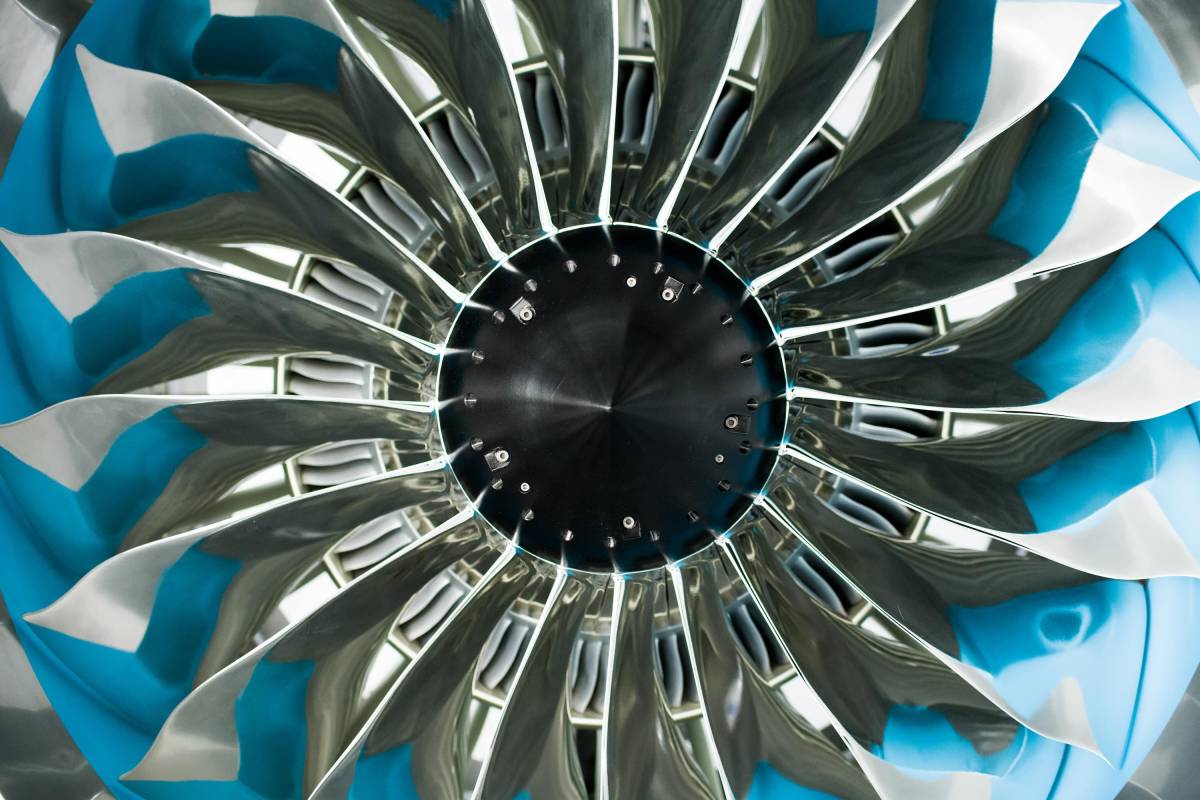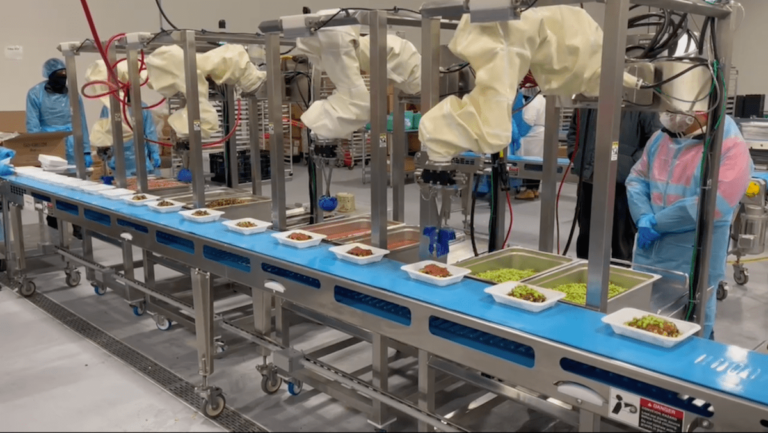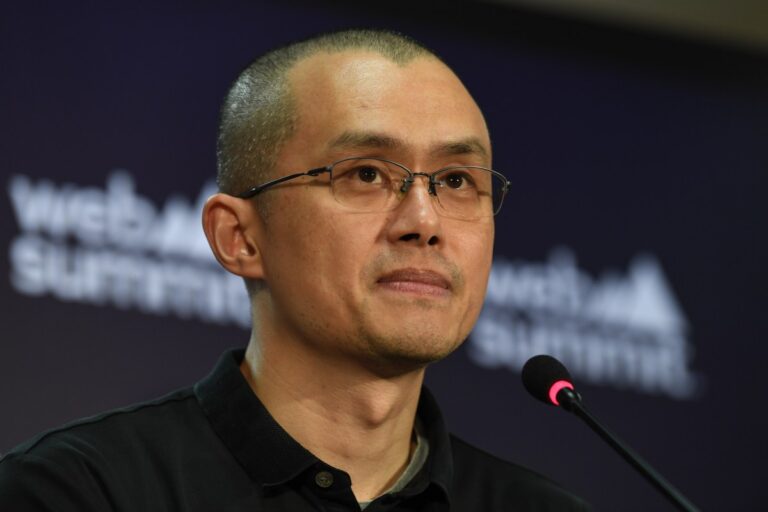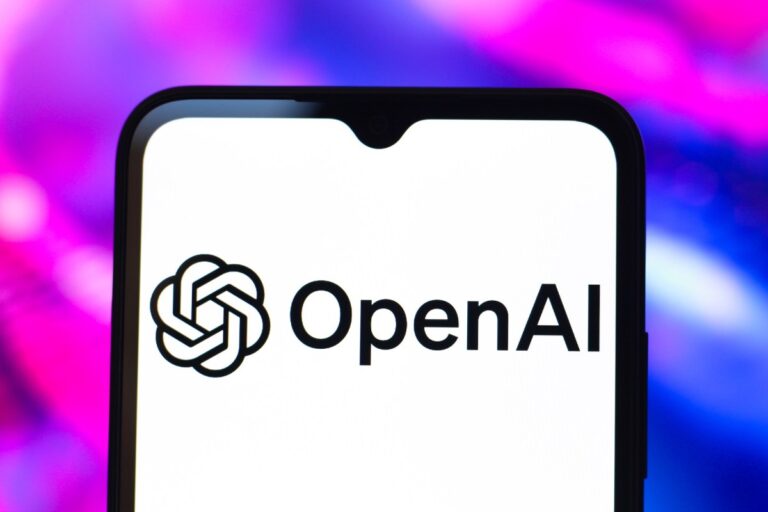Revolutionizing Cobalt Refinement: How This Startup Aims to Transform the US Industry
Cobalt, a critical component in battery technology, is gaining attention due to its essential role in the electric vehicle (EV) industry and military applications. However, its geopolitical implications raise concerns. Most of the world’s cobalt reserves are found in the Democratic Republic of Congo (DRC), a region notorious for human rights violations, and a significant portion of cobalt refining occurs in China. This article delves into the complexities surrounding cobalt production and a promising new technique developed by Xerion Advanced Battery Corp. to address these challenges.
Understanding the Importance of Cobalt
Cobalt is not only a key material for EV batteries but also plays a vital role in various defense technologies. Here are some key points to consider:
- Electric Vehicles: Cobalt is crucial for lithium-ion batteries used in electric vehicles.
- Military Applications: The U.S. military relies on cobalt for batteries powering drones and other devices, as well as for alloys in jet engines and missile guidance systems.
- Geopolitical Risks: With 72% of cobalt being refined in China, the U.S. faces supply chain vulnerabilities.
The Challenge of Cobalt Refining
Currently, there are no cobalt refineries in the United States, increasing dependency on foreign sources. John Busbee, co-founder and CEO of Xerion Advanced Battery Corp., expressed concerns about China’s dominance in the cobalt market. He stated, “Everybody’s been worried about [China’s leverage], but now they’ve actually shown that they’ll cut off critical minerals.”
Xerion’s Innovative Solution
Xerion Advanced Battery Corp. has developed a groundbreaking technique for producing highly refined cobalt in a single step using electricity and minimal heat. This process involves:
- Plating metals onto electrodes.
- Utilizing electricity to extract cobalt from molten salt baths.
Initially, the company focused on producing electrodes, but they soon recognized the potential of cobalt as a critical mineral. As Busbee noted, “We always knew it was out there… and it’s something we thought about addressing later.” With the ongoing global trade tensions, Xerion decided to prioritize cobalt production.
New Production Facility in Ohio
Xerion is set to open a pilot-scale production facility in Dayton, Ohio, where it will have the capacity to produce five metric tons of cobalt. While this quantity may seem small compared to global demand, it aligns well with military needs, which typically require between 5,000 to 10,000 metric tons for aerospace alloys.
Busbee stated that their next-generation plant aims to produce 2,000 metric tons of cobalt annually. He emphasized that even at a pilot scale, Xerion’s production remains competitive: “Even at that scale, we’re already on even heel with China.”
The Future of Cobalt Production
The innovative methods being developed by Xerion Advanced Battery Corp. could significantly impact the cobalt supply chain, reducing reliance on foreign sources and addressing human rights concerns. As the demand for electric vehicles and military technologies continues to grow, advancements in domestic cobalt production will be crucial for maintaining a secure and ethical supply of this essential mineral.
For more information on the future of battery materials and sustainable mining practices, visit this resource or explore related articles on battery technology.







